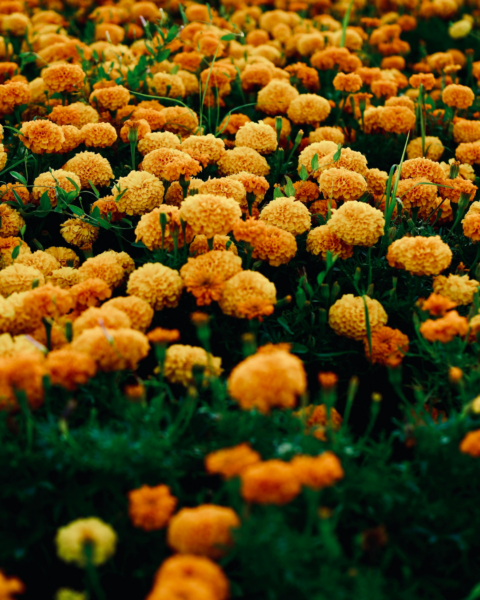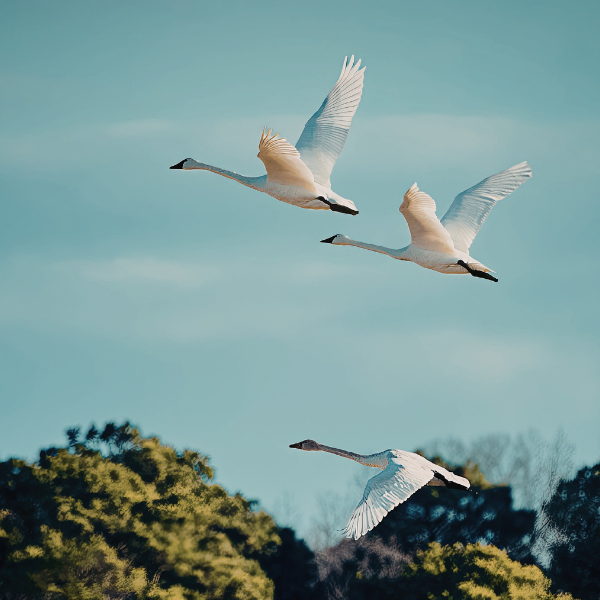I am delighted to share another beautiful submission to the Monk in the World guest post series from the community. Read on for Janeen Adil’s reflection on the spiritual practice of savoring.
When I lead a workshop or retreat that focuses on Christian spiritual practices and disciplines, I like to begin with some clarification. I explain that instead of considering any practice or discipline as an end unto itself, we would do better to regard them as preparations. Here, a little farming imagery can be helpful. By engaging in a practice, we can say that we’re plowing the fields of our souls. We’re making the ground ready to receive whatever God wishes to plant and grow, if and when God chooses to do so. Spiritual practices, then, bless us in the immediate sense and also prepare us for a future in God’s time.
I continue by soliciting examples of spiritual practices from the participants. Typically, people will first mention Bible reading and prayer. They then go on to suggest activities like gardening and walking, or engaging in various forms of music and art. Depending on the group’s background, some will expand the list by naming Lectio divina, the Examen, fasting, meditation, hospitality, acts of charity, and other “classic” spiritual disciplines, especially of Western traditions.
I’ve worked with a variety of practices for a while now, and as a faithful monk in the world I’ve come to a certain familiarity with them. Recently, though, I was caught by surprise when an author mentioned something I’d never considered. While the concept of “savoring” was perfectly familiar, I hadn’t been aware of it in this particular regard: the spiritual practice of savoring. Now that Spirit had my attention, I went looking, and was delighted to discover more.
Writer Michele Wilbert describes savoring as “the spiritual practice of being fully alive and relishing the experience for exactly that; it’s a practice of ‘enough’—it is enough to be here and to feel the presence of life in our bodies.” “It is enough to be here…,” to be present, to notice, to be attentive. As poet Mary Oliver rightly puts it, “To pay attention, this is our endless and proper work” (“Yes! No!” in White Pine).
In relishing this presence of the fullness of life, what is it we savor? Food and drink immediately come to mind, and for good reason. Whether a fresh cup of coffee or a fine glass of wine, a sun-kissed tomato, roasted salmon, homemade bread, a perfect peach, or a thickly-frosted cupcake, there is so very much that we can savor. And when we savor, we engage our senses: we see, we taste, we smell, touch, and hear.
This leads us to savoring’s corollary: lingering. It’s difficult to practice savoring without lingering: as with other spiritual practices, we do well to devote time to it. “Savoring can only be done slowly; it is inherently an activity that can’t be rushed.” Wise words from Sacred Time, a most wonderful new book by Christine Valters Paintner (who is, of course, our own online Abbess!). And lingering invites community: savoring food and drink together then becomes a communal practice.
The spiritual practice of savoring takes many other shapes and forms, too. The whole of creation, in fact, begs us to be attentive. Savor and linger over the sun rising or setting, or the nighttime sky. Savor and linger over the sounds of water, from splashing brook to raindrops to crashing waves. And the rocks and plants of infinite variety—and the living creatures, swimming, walking, flying. And humankind itself: we can savor another person by being fully with them, with our full attention.
Our own crafted creations are another source for practicing savoring. There’s the stunning beauty of a line of poetry, a verse of scripture, or a whole book itself, with words that settle in our souls. The music that touches a place within us deeper than our conscious awareness. The painting that stops us with its splendor or emotion, calling us to savor and to linger. Here especially we understand the potential for savoring in both our present time, and through our memories.
The more I consider the spiritual practice of savoring, the more I feel that it’s a reality for all who live as contemplative monks in the world. This leads me to a final thought. When our period of savoring has come to an end—when the time to linger is over—one thing remains: gratitude. This final soul-movement cannot be overlooked, for it is a natural response to offer deep thanks for graces received. Savoring allows us to plumb the depths of mystery and holiness, where our souls can take delight and be refreshed. We open ourselves up for God’s good work, now and in a time to come. We savor, we linger, we give thanks!
Janeen R. Adil is a spiritual director, writer, and teacher; within the United Church of Christ, she is Commissioned Minister of Christian Spirituality. Through her freelance business Hungry Soul Ministries, she offers workshops, retreats, and direction. She lives in eastern PA, in a farmhouse built by English/Welsh Quakers over 200 years ago.




